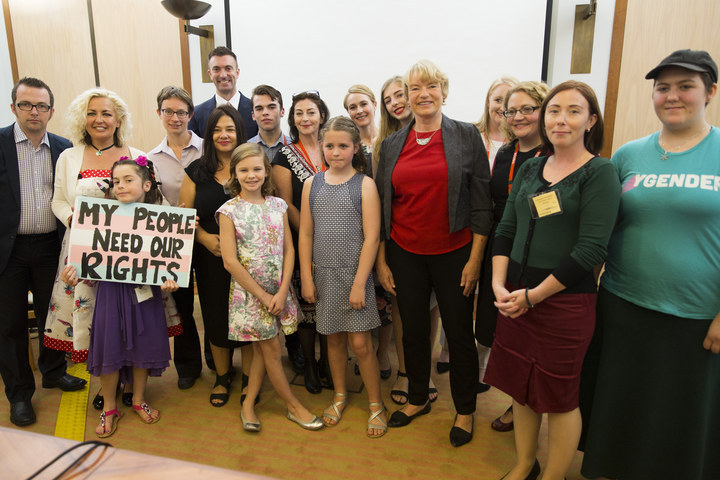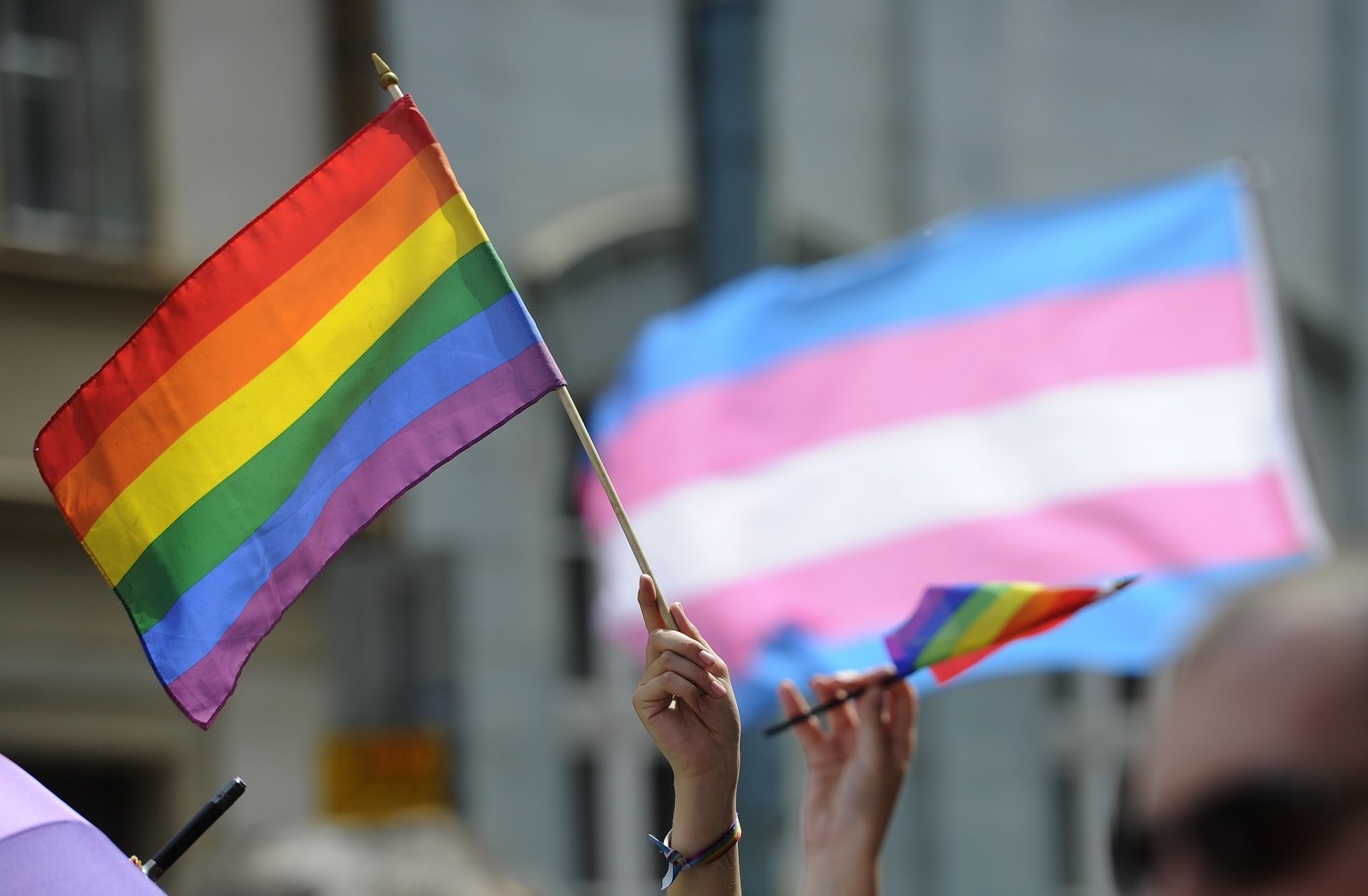A new guide for parents of transgender children outlines how to navigate a big hurdle to medical treatment in Australia: the Family Court.

Australia is the only nation in the world that requires transgender teenagers to go through the court system before they can access cross-sex hormone treatment.
This treatment, which usually begins around age 15 or 16, entails transgender children receiving oestrogen or testosterone so they can develop the secondary sex characteristics of their identified gender.
Fiona Kelly, an associate professor of law at La Trobe University, who wrote Navigating The Stage 2 Process, told BuzzFeed News there is an "urgent need" to help families going through the process.
"There was a clear need, there was a lot of fear around the process," she said.
The guide, available online, explains the stages of the court process – from pre-trial preparation through to the hearing and decision – and addresses questions, for instance, what happens if parents are separated or divorced.
"Every Stage 2 case that has been heard by the Family Court has resulted
in the Court approving treatment. It would be a very rare situation where
the medical experts and parents supported treatment and the Court
did not," the guide reads.
The Family Court process has been criticised at length by legal experts such as Kelly, doctors who treat transgender children, the children themselves, their families, and politicians including Labor's Graham Perrett and the Greens' Janet Rice.

Kelly said there is "a real misunderstanding" of the rigorous diagnostic process transgender children undergo before they approach the court for treatment.
"Most of these kids are expressing some kind of gender dysphoria by the age of two or three. It’s persistent, it becomes really distressing for them by the time they are close to puberty. Their mental health is rapidly deteriorating," said Kelly.
"The argument is 'Let’s let them wait', as though that doesn’t have repercussions. A child left untreated has much higher rates of self harm and suicide."
"A lot of parents have said that to me – the risk of not treating is a dead child."
The court process usually takes approximately eight months, and costs families between $5000 and $10,000 depending on whether they can secure pro bono legal help.

As well as paying a lawyer, families must pay for medical reports to be provided to the court and incidental costs such as court fees, taking time off work, and medical appointments not covered by Medicare.
"In Victoria and NSW there are a lot of lawyers willing to do the work pro bono," Kelly explained. "In other states, it's much harder."
